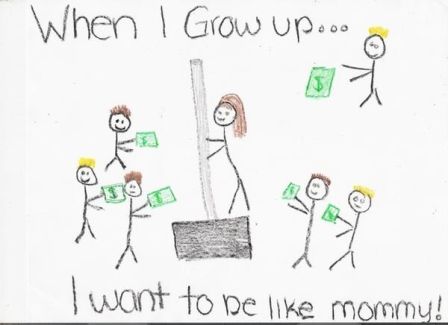End of the Year Reflection
Wednesday, December 31st, 2008I’ve decided to celebrate the end of 2008 here at Shakespeare Teacher by selecting my favorite post from each of the last twelve months.
Enjoy!
January: Question of the Week
The question was simple: “Who is today’s Shakespeare?” The answer was not so simple, but led to one of the most interesting discussions the blog has ever seen. Aaron Sorkin, David Mamet, Joss Whedon, Steven King, and Bob Dylan all got their day in court, but can there ever really be another?
February: Hey Nineteen
This was a short month that was shorter on posts, but I did enjoy this one. President Bush’s approval rating had dropped to an embarrassing 19%. An old Trident ad once boasted that four out of five dentists recommended sugarless gum. Bush was less popular than sugared gum among dentists.
March: Bad Clue
Due to my obsessive Shakespeare pedantry, I noticed an error in a Jeopardy! clue. It did not affect the outcome of the game, but I was happy to see the error noted in the J! archive, using the identical wording I used in the blog (which I had also posted to the Ken Jennings message board).
April: Shakespeare 24
Riffing on the title of a global Shakespeare event, I put together an hour-by-hour plot summary of a fictional season of 24, using Shakespeare plots, characters, and devices. If you know both sources, it’s pretty funny. A later attempt at a Greek Tragedy 24 was too “on the nose” to really be funny.
May: Shakespeare Anagram: A Midsummer Night’s Dream
In the last act, Theseus is asked to choose a play from among four choices. I did an anagram for each of the four play titles looking for secret messages, and lo and behold, there was a message in each of them claiming authorship for Sir Francis Bacon. A later anagram clarified that it was all just a dream.
June: Pic Tac Toe in 3D, Part IV
It’s not easy fitting 49 themes neatly in a puzzle, and I’ve often had to rely on some weak connections to make it work. This was the first 3D puzzle where I felt that all 49 themes were strong and interesting. And based on the 70 comments in the thread, the puzzle was a hit with solvers as well.
July: Shakespeare Anagram: Hamlet
This is far and away my favorite of all of the anagrams on the site. I took five of Hamlet’s most famous speeches and adapted each of them to be a perfect anagram of the first 14 lines of the “To be or not to be” speech. Links to the originals are included, so readers can see how close I was able to come.
August: Thursday Morning Riddle: Special Edition
The blog’s 100th riddle had a self-referential answer: 100. Neel both solved the riddle and guessed the meaning. In the comments, I promised “Next week: Riddle 101!”, meaning that it would be the 101st riddle. But when the time came, I couldn’t resist, and the answer to the following riddle was 101!
September: Shakespeare Anagram: Henry VIII
In celebration of Shakespeare’s pro-Tudor slant on history, I took the unlikely speech in Henry VIII where Henry reacts to the birth of his daughter Elizabeth, and anagrammed it into something much closer to what he actually would have said. Something about this one really tickles me.
October: Shakespeare Anagram: Henry IV, Part Two
There’s not much to choose from in October, but I was pleased with this anagram. Henry IV is giving advice to his son about how to conduct himself in the next administration, and the anagram is about an interview with five former Secretaries of State, giving advice to Obama.
November: Top Ten Reasons to Vote
I made a commitment to post every day in November, so there’s a lot to choose from, but I think I’m proudest of this one. Did I convince anyone to vote who wasn’t going to already? Probably not. But I think for those of us who do vote, the post was a nice reminder about why we do. It was for me.
December: Shakespeare Lipogram: Hamlet
I had so much fun with the lipogram experiment! The Hamlet lipogram wasn’t the most difficult (Measure for Measure was), but I spent more time on it than any of the others. It’s just not Hamlet without the speeches, and adapting those took a little extra effort. But it was a labor of love.
Happy New Year!
